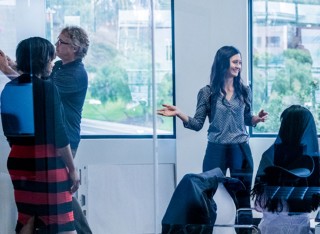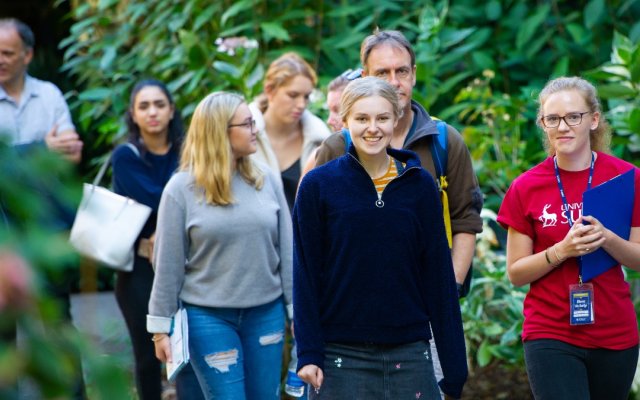
News and events
Stay up to date with our latest news and upcoming events.
Latest news
Newsletters
| Name | Description | Subscribe |
|---|---|---|
| General newsletter | Keep up to date with the latest news from Surrey Business School. | Join the mailing list |
| Alumni newsletter | Find out about the latest alumni news, events and engagement opportunities. | As an alumnus, you should automatically receive this newsletter. If you haven't received the latest edition, please update your details. |
Upcoming events

















